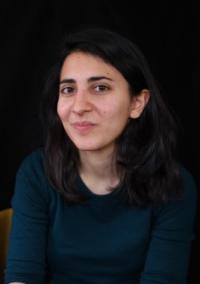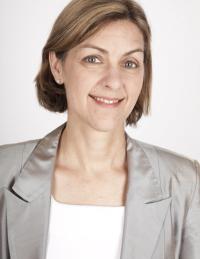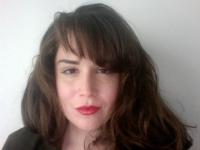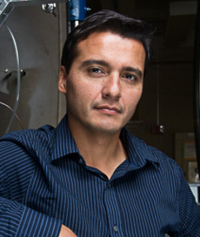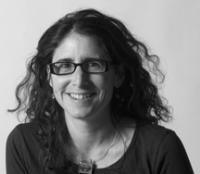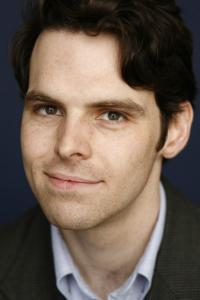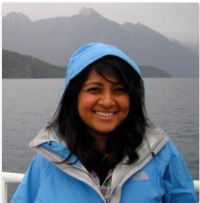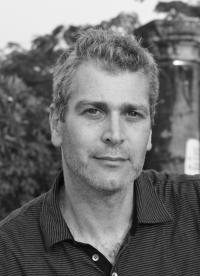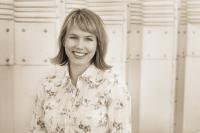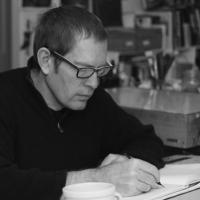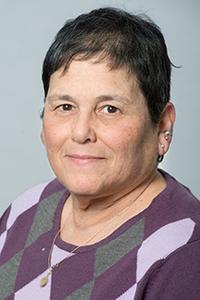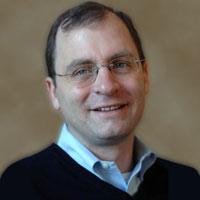Amanda Mascarelli is managing editor of SAPIENS, an online publication launching in January 2016 that is devoted to covering anthropological science. Prior to taking on this new role in May 2015, Mascarelli spent a decade as a freelance journalist. She wrote about topics ranging from health and neuroscience to energy, climate change and ecology. Her stories have appeared in Audubon magazine, Nature, Science, New Scientist, Science News for Students, The New York Times, The Washington Post, Yoga Journal and more. She is based in Denver, Colorado.
Pitch Guidelines
SAPIENS, set to launch in January 2016, is an editorially independent online publication sponsored by the Wenner-Gren Foundation for Anthropological Research.
The publication’s goals are to bring anthropology out of the realm of the academic and into everyday discussions of people, places, culture and pop-culture, technology, the environment, and more. Through news coverage, features, commentaries, reviews, and more, SAPIENS provides a public platform for anthropological research as well as for anthropological insights into current events. SAPIENS features writing by journalist contributors as well as experts across all fields of anthropology.
We are primarily interested in feature pitches; our features range from 1,200 to 2,500 words. (We do not have a travel budget at this time.) Once we launch, we will also be accepting pitches for news coverage. We are looking for features that bring our readers compelling storytelling and careful reporting about important trends and developments across all fields of anthropology. SAPIENS will cover all of the sub-disciplines of anthropology, including social/cultural anthropology, linguistics, biological anthropology, and archaeology. It isn’t enough for stories to be loosely related to anthropology—all of SAPIENS’ coverage will be tied to concrete anthropological research, theories and thinking.
SAPIENS features might put into perspective a new discovery about ancient DNA, delve into the origins of the English language, profile a researcher who is overturning a long-held view in the field, or explore how a community is responding to climate change through shifts in diet and farming practices. Although we are open to pitches across all sub-fields of anthropology, we are very keen on receiving pitches about social and cultural anthropology, which is under-represented in mainstream media coverage. One thing to keep in mind when pitching is that we want SAPIENS stories to stand out as anthropology stories; we want to get to know the anthropologists in the stories, and to learn what roles anthropologists are playing in shaping, resolving, or helping us to understand the conflicts and issues at the heart of the story.
